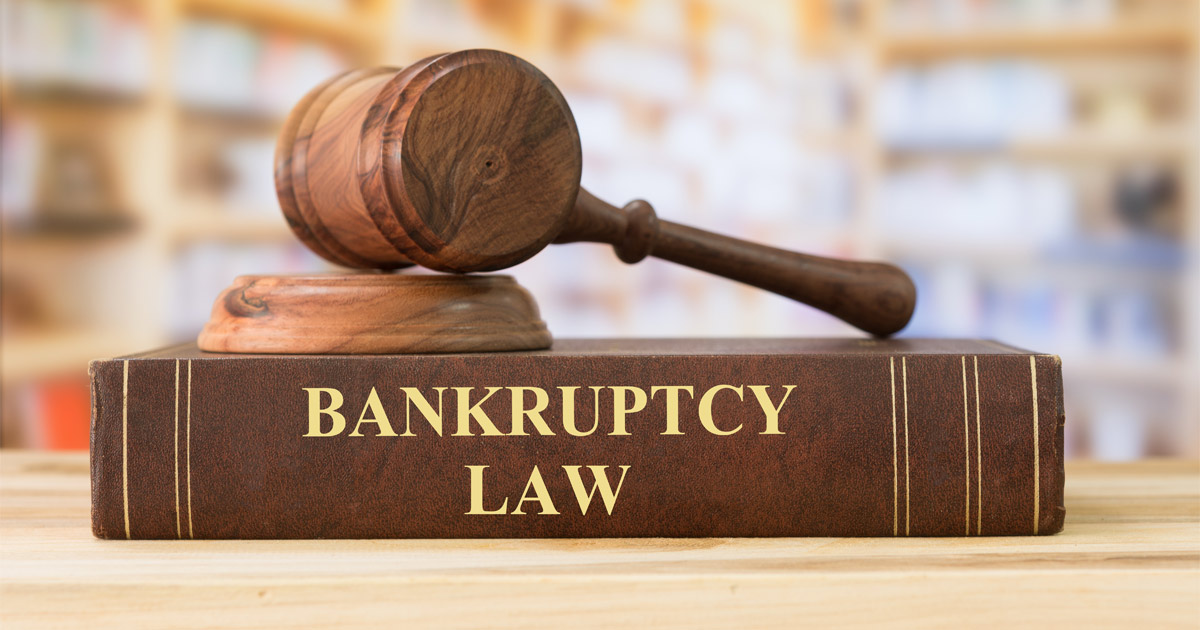What Is the Difference Between Chapter 7 and Chapter 13 Bankruptcy?

Bankruptcy provides individuals a legal pathway to address financial difficulties and regain control over their finances. Among the various types of bankruptcy, Chapter 7 and Chapter 13 are the most common for individuals seeking relief. They have certain things in common, as well as some important differences.
What Is Chapter 7 Bankruptcy?
Chapter 7 bankruptcy, or liquidation bankruptcy, involves selling a debtor’s non-exempt assets to pay creditors, typically discharging most unsecured debts like credit card balances and medical bills. A trustee oversees this process, determining which assets can be sold, though many personal items may be exempt under state or federal laws.
This form of bankruptcy suits individuals with limited income and significant unsecured debt who do not have substantial assets to lose. The process generally takes a few months, offering a relatively quick resolution to financial difficulties.
What Is Chapter 13 Bankruptcy?
Chapter 13 bankruptcy, or reorganization bankruptcy, involves creating a repayment plan to address debts over three to five years without liquidating assets. Debtors retain their property while making regular payments to a trustee, who distributes funds to creditors based on the plan. The plan, tailored to the debtor’s income and expenses, outlines monthly payments and the duration of the plan.
In the end, any remaining eligible debts may be discharged. This option benefits individuals with steady incomes who want to keep property like a home or vehicle. It can help restructure secured debts and provide relief from foreclosure or repossession.
How Do Eligibility Requirements Differ Between Chapter 7 and Chapter 13?
Eligibility for Chapter 7 and Chapter 13 bankruptcy depends on income, debts, and other financial factors.
Individuals must pass a means test to qualify for Chapter 7 bankruptcy. The test compares the debtor’s income to the median income for their state. If the debtor’s income is below that, or they can demonstrate that they do not have the financial means to repay their debts, they may qualify for Chapter 7.
Chapter 13 bankruptcy does not have a means test but requires that individuals have a regular income to propose a repayment plan. There are limits on the amount of secured and unsecured debt a debtor can have. According to recent guidelines, unsecured debts must be under approximately $465,000, and secured debts must be under about $1.4 million.
What Are the Main Differences in How Debts Are Handled?
In Chapter 7 bankruptcy, most unsecured debts are discharged, meaning the debtor is no longer legally obligated to repay them. H
In contrast, Chapter 13 bankruptcy involves repaying some or all of the debts through a structured plan. The amount repaid reflects the debtor’s income, the value of their non-exempt assets, and other financial considerations. Any remaining qualifying debts may be discharged at the end of the repayment plan.
With both types of bankruptcy, certain debts, such as child support, student loans, and tax obligations, might not be discharged.
How Does Each Type of Bankruptcy Affect Credit?
Both Chapter 7 and Chapter 13 bankruptcies will impact your credit report. Chapter 7 bankruptcy typically remains there for up to 10 years from the filing date. This can affect the ability to obtain new credit and may influence interest rates and terms.
Chapter 13 bankruptcy remains on a credit report for up to 7 years from the filing date. While it may have a somewhat less severe impact, it can still affect creditworthiness.
What Should I Consider When Choosing Between Chapter 7 and Chapter 13?
Choosing between Chapter 7 and Chapter 13 bankruptcy depends on:
- The amount and type of debt owed.
- The value of assets that need to be protected.
- The debtor’s income and ability to make payments.
- Long-term financial goals.
Evaluating these circumstances and considering how each type of bankruptcy aligns with your needs is important. Our bankruptcy attorneys can provide valuable guidance in making this decision and navigating the process.
The Somerville Bankruptcy Lawyers at Lyons & Associates, P.C. Provide Clarity on Bankruptcy Options
The Somerville bankruptcy lawyers at Lyons & Associates, P.C. offer knowledgeable legal assistance. Call our Somerville, Morristown, and Freehold, New Jersey, offices at 908-575-9777 or submit our online form for a free consultation. We serve clients in Somerset, Woodbridge, Morristown, Parsippany, Rockaway, Short Hills, Chatham, Randolph, Madison, Morris Plains, and Monmouth County.


